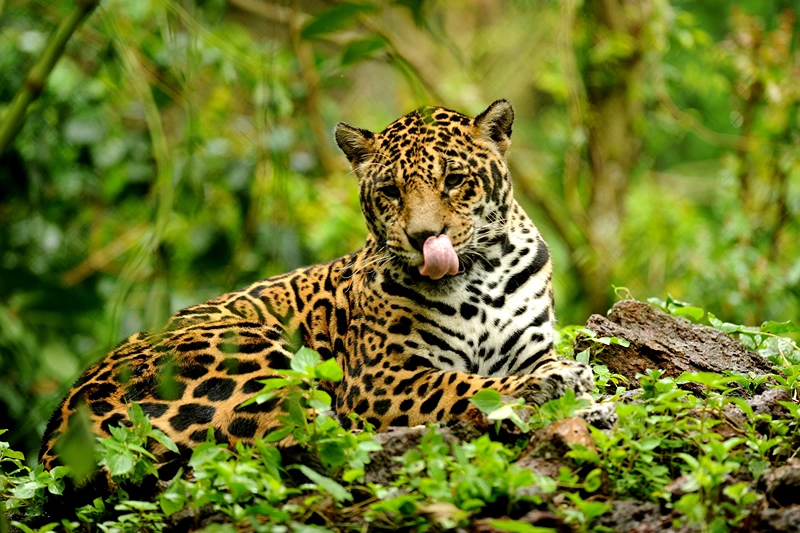20 Sanctuary Cats Tragically Lose Their Lives Due to ‘Bird Flu’ Outbreak – One America News Network

OAN Staff Blake Wolf
5:53 PM – Thursday, December 26, 2024
A wildlife sanctuary in Washington state has reported the heartbreaking loss of 20 big cats due to the bird flu virus, describing these deaths as a significant tragedy.
Advertisement
The deceased felines include a Bengal tiger, four cougars, two Canada lynx, four bobcats, five African servals, an Amur/Bengal tiger, an African caracal, a Eurasian lynx, and a smaller Geoffroy’s cat. This surge in cases correlates with the spread of highly pathogenic avian influenza (bird flu) across the U.S., affecting poultry flocks and dairy herds.
“Urgent Announcement: HPAI Outbreak at Our Sanctuary. We are devastated to report that animal health officials have detected highly pathogenic avian influenza (HPAI) among more than half of our wild felines as of December 2024. This virulent infection, transmitted by wild birds, primarily spreads through respiratory secretions and bird-to-bird contact, and can also be contracted by carnivorous mammals consuming infected birds or their remains,” the Wild Felid Advocacy Center of Washington shared on their Facebook page.
“Cats are particularly at risk from this virus, which can initially present subtle symptoms but escalate rapidly, often leading to death within 24 hours due to pneumonia-like conditions. To safeguard our remaining animals and halt further transmission, our sanctuary is currently quarantined and will remain closed to the public until further notice,” the statement added.
“We’ve never experienced anything like this; the cats typically pass away from old age,” remarked Mark Mathews, director of the Wild Felid Advocacy Center. “This virus is quite aggressive.”
Mathews pointed out that the first cat showed signs of illness around Thanksgiving, and it was confirmed by early December that the cats had contracted the bird flu.
“This tragedy has profoundly impacted our team, and we are all mourning the loss of these remarkable animals,” the sanctuary expressed.
Mathews elaborated that the sanctuary previously housed 37 cats but is now left with only 17, as the bird flu has claimed many lives.
“Each day feels like you wake up hoping it’s just a nightmare, but it’s not,” he remarked.
Many of the cats who sadly lost their lives had been highlighted on the sanctuary’s website.
Among them was Hannah, a cougar who arrived at the sanctuary as a cub from Wyoming after her mother was killed. She was known for her “sweet” demeanor and loved to “sneak up on volunteers.” Another was a Geoffroy’s cat named “Mouse,” one of the sanctuary’s smallest residents, who “captures the hearts of all who meet her,” according to the website. Tabbi, a half Bengal and half Amur tiger, was fond of “playing in the water,” the site noted.
This sorrowful announcement comes at a time when zoos nationwide are implementing precautionary measures to mitigate the spread of bird flu, following the deaths of five other zoo animals related to the virus near Phoenix, Arizona, and one more at a Seattle zoo.
Stay informed! Receive breaking news notifications directly in your inbox for free. Subscribe here. https://www.oann.com/alerts
Advertisements below


